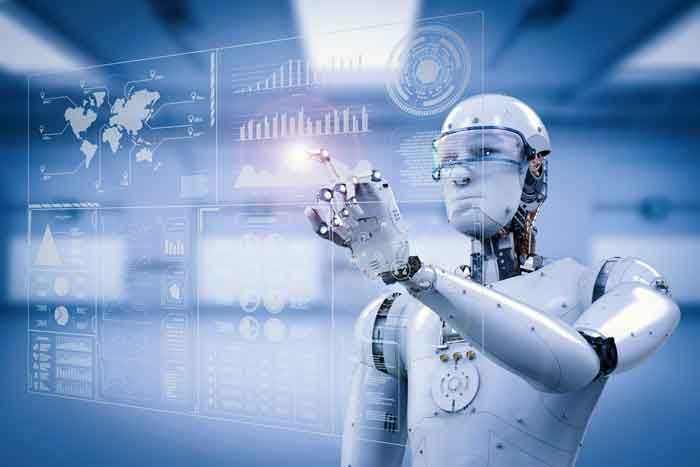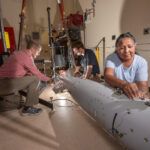Artificial intelligence, cyberattack, and nuclear weapons—A dangerous combination
By Pavel Sharikov | November 1, 2018
 The military applications of AI
The military applications of AI
The military use of artificial intelligence can increase the possibility of war in a number of ways – by allowing more targets for computer hacking, for example, or threatening critical infrastructure. How does it change the classic model of stability in a nuclear world?
Together, we make the world safer.
The Bulletin elevates expert voices above the noise. But as an independent nonprofit organization, our operations depend on the support of readers like you. Help us continue to deliver quality journalism that holds leaders accountable. Your support of our work at any level is important. In return, we promise our coverage will be understandable, influential, vigilant, solution-oriented, and fair-minded. Together we can make a difference.
Issue: Bulletin of the Atomic Scientists Volume 74 Issue 6
Keywords: AI, artificial intelligence, cyberattack, cyberdefense, cyberoffense, destabilizing technology, machine learning, national security
Topics: Artificial Intelligence, Cyber Security, Disruptive Technologies, Nuclear Risk, Nuclear Weapons
Pavel Sharikov
Pavel Sharikov is a senior research fellow at the Institute for USA and Canada Studies at the Russian Academy of Sciences (ISKRAN). In 2015... Read More















How about putting an accessible version of this on the page?
Thanks for your interest! The publisher of our subscription magazine, Taylor & Francis Online, has a promotion for 10 free paywalled articles. The promotion runs until April 1, 2019. You can get the token for the free articles here: http://bit.ly/RBULToken
Enjoy!
It is any offensive maneuver that targets computer information systems, computer networks, infrastructures, or personal computer devices.